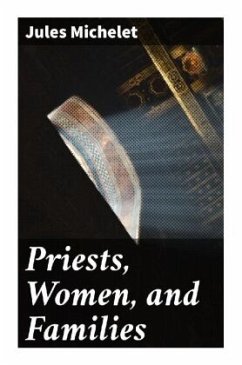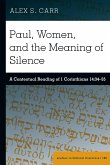In "Priests, Women, and Families," Jules Michelet explores the intricate dynamics between religion, gender, and familial structures in 19th-century France. Through a passionate and vividly poetic style, Michelet critiques the profound influence of the Catholic Church on societal norms and the subjugation of women. His historical narrative is rich with personal anecdotes and detailed analysis, reflecting the complexities of social relations during a time of profound upheaval and reform. The work stands as a poignant critique of patriarchal institutions, highlighting the interplay between personal freedom and collective morality in a rapidly changing society. Jules Michelet, a pioneering historian known for his vibrant storytelling and groundbreaking interpretations of French history, was deeply influenced by the revolutionary ideas of his time and his own experiences of marginalization. He sought to give voice to those overlooked in traditional narratives, particularly the marginalized roles of women and the familial units that often bore the brunt of ecclesiastical authority. His background as a teacher and a lifelong scholar of history imbued him with a unique understanding of the intersections between social institutions and lived experience. I highly recommend "Priests, Women, and Families" to readers interested in unraveling the complexities of historical narratives concerning gender and society. Michelet's evocative prose will captivate and challenge you, pushing the boundaries of traditional historical discourse and inviting a critical examination of the roles that institutions have in shaping human lives.
Bitte wählen Sie Ihr Anliegen aus.
Rechnungen
Retourenschein anfordern
Bestellstatus
Storno








